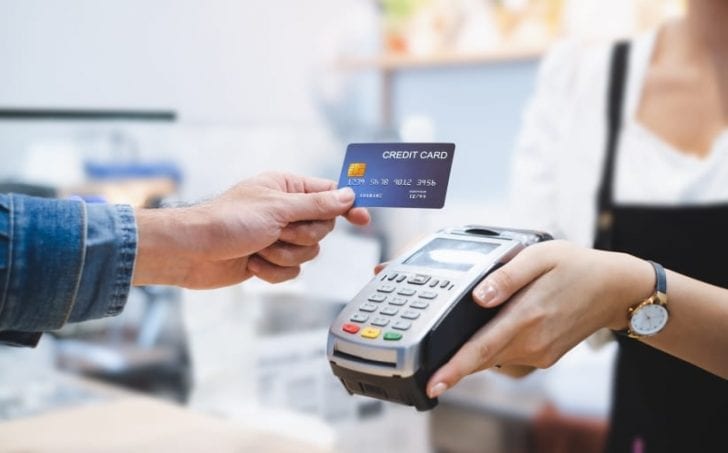It’s hard to spend when you’re conscious about reaching the limits of your credit card, but there are some who seemed to be unperturbed because somehow, the piece of plastic makes buying things easy.
There are dangers that surround the misuse of this seemingly wonderful card, which may be the reason why many people are afraid they will max out their line – of course, this would result in consequences.
Limits are based on your credit score, so the higher your rate is, the higher your limit will be.
Fear of Overusing Credit Cards
A WalletHub survey found that 86 million Americans, or more than one in three, fear they will overuse their credit cards when they’re making big buys – they considered things more than $100 as large purchase.
Analyst Jill Gonzalez points out that maxing out your credit limit can be hard to pay off in a timely sense.
Data from the Federal Reserve showed that the United States has exceeded the $1 trillion credit card debt, the highest since the Great Recession.

Despite the fact that many people have knowledge of what an overused credit card would result in and this harrowing information about the financial situation of the country, there are still those who take on debts after debts.
As per a NerdWallet report, a household has a $6,929-balance a month and that spews an interest of $1,140 per year, which is not at all a small amount.
There are specific people who are prone to maxing out their credit cards: Millennials were more likely than boomers, whereas men were said to be 15 percent more likely than women.
As expected, those who were earning lower have a higher chance of overusing their plastics for big purchases rather than those who have higher income.
What’s worse is that, along with the increase of people with credit card debts, interest rates have been soaring, too – certainly a bad combination.
Two years ago, rates were at 15.22 percent; last year, 16.15 percent; and currently, 17.41 percent.
Paying Credit Card Debts
If you are one of those who have a credit card debt/s to settle, here’s how to face it: First, sort things out – know and acknowledge what you owe from all the lines you have.
You can do this by writing them on a piece of paper or your journal so that you will know what to prioritize.
When you have multiple debts, you can either opt for the snowball method or the avalanche method. The former targets the smaller amounts first then the larger ones, whereas the latter looks at interest rates.

If you want a little motivation, then the snowball process is the way to go. This is because you’ll see the progress immediately which will fuel the drive to pay the other remaining debts.
As for the avalanche method, you’ll save money because you are going to knock out balances that have higher interest.
After this, you can now decide how to strategize and you need to determine which will be the easiest and most feasible action for you.
Try securing a personal loan to consolidate your debt, or adhere to other methods that can help you deal with your loans and at the same time offer you favorable terms.
But keep in mind that you’re trying to keep things manageable, so choose a technique that will not further sink you.
Lastly, learn from the mistake. Pause and take a look at your spending habits – from there, you can make a new plan that will not put you on the same spot again.
If needed, cut from your expenses things that are unnecessary or those that can be replaced with cheaper options.
This way, you’ll not just be able to pay your debts faster, but you’ll in turn also save more money in the long run.
Cons of Maxing Out Your Card
One of the side effects of maxing out your credit card is its impact on your credit score. The higher your credit utilization is, the more your rate is hurt. What does it mean when you have a low credit score?
This means that it will be harder to secure other loans because a low rating automatically means lenders should be wary of entrusting you with money.

In relation to that, your mortgage or car loan may not be approved because banks tend to check your credit behavior. If you have a high balance, then that may signal the bank that you can’t handle another debt anymore.




